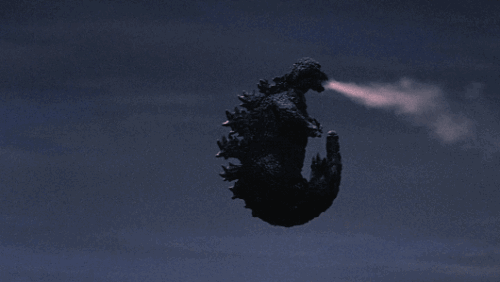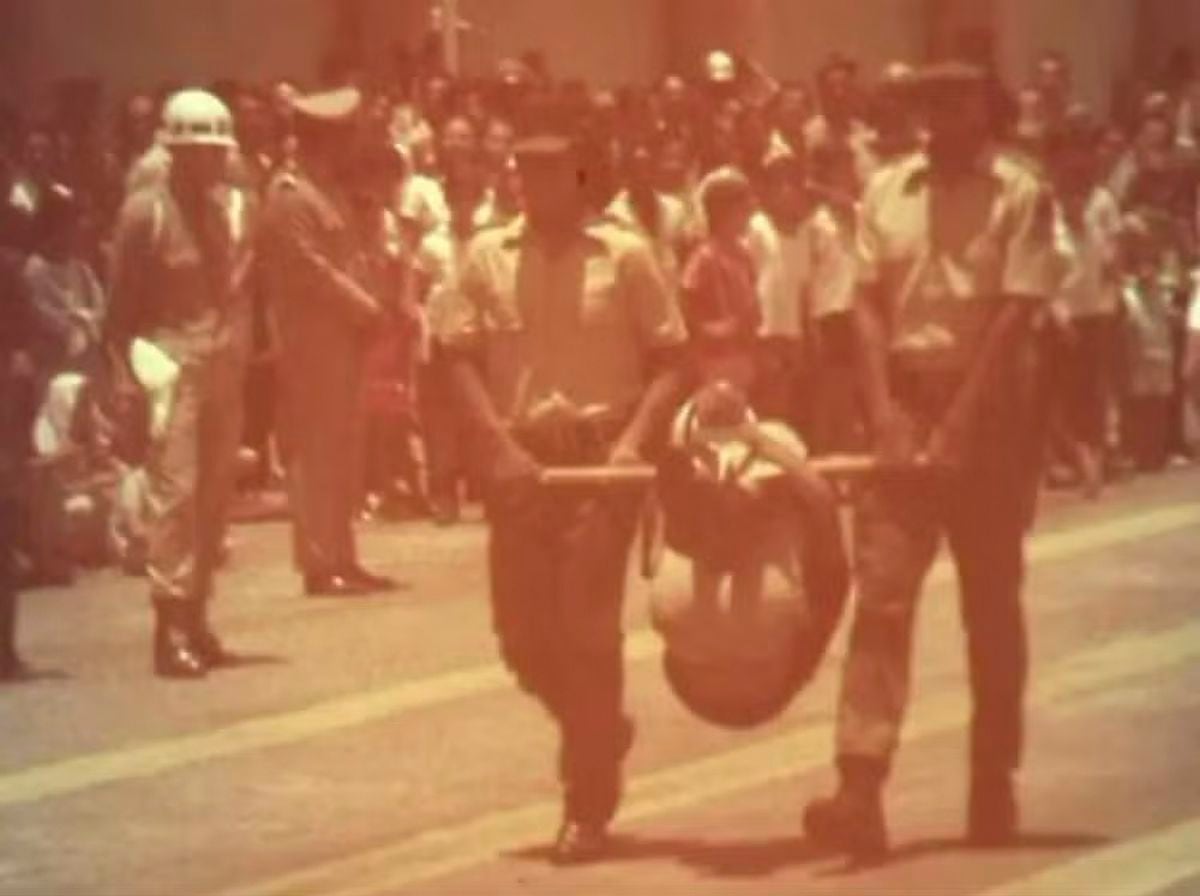Numerous atrocities were committed by Brazilian state officials against Indigenous people during the dictatorship (1964-1985). Some of these were quite shocking and perverse, such as the administration of sugar mixed with strychnine, a rat poison. This week, coinciding with the 60th anniversary of the coup that marked the beginning of two decades of military rule, the Brazilian state issued a solemn apology for evicting them from their land, locking them up in internment camps and torturing them. The official ceremony concluded in a scene of tremendous symbolism: “I want to kneel before you. I am deeply moved. I want to apologize on behalf of Brazil. And to convey this request for apology to all your people,” said lawyer Enéa de Stutz e Almeida on behalf of the government to matriarch Djanira Krenak and Guarani-Kaiowá chief Tito Vilhalva at a ceremony held in Brasília last Tuesday.
The gesture was specifically directed at two of Brazil’s 266 Indigenous populations, the Guarani-Kaiowá and the Krenak, because years ago they went to the Amnesty Commission, a government agency chaired by Stutz, to ask for a collective apology.
“The whole process developed over the years was highly relevant and extremely important,” explains 40-year-old Shirley Krenak in a message exchange. The Indigenous people generally take the name of their people as their surname. For the natives, it was crucial for the apology to be in accordance with their uses and customs and, therefore, to be collective, not individual. “It is an important moment because we are opening a big door to [similar] actions of other Indigenous peoples,” she adds. This represents a first step that paves the way for claims by other peoples or for a hypothetical admission of responsibility for the persecution endured by the Indigenous peoples.
Brazil is immersed in the excruciating process of admitting its guilt in the darkest chapters of its collective history. Recently, the Bank of Brazil issued an apology for its complicity in slavery.


